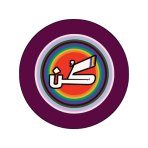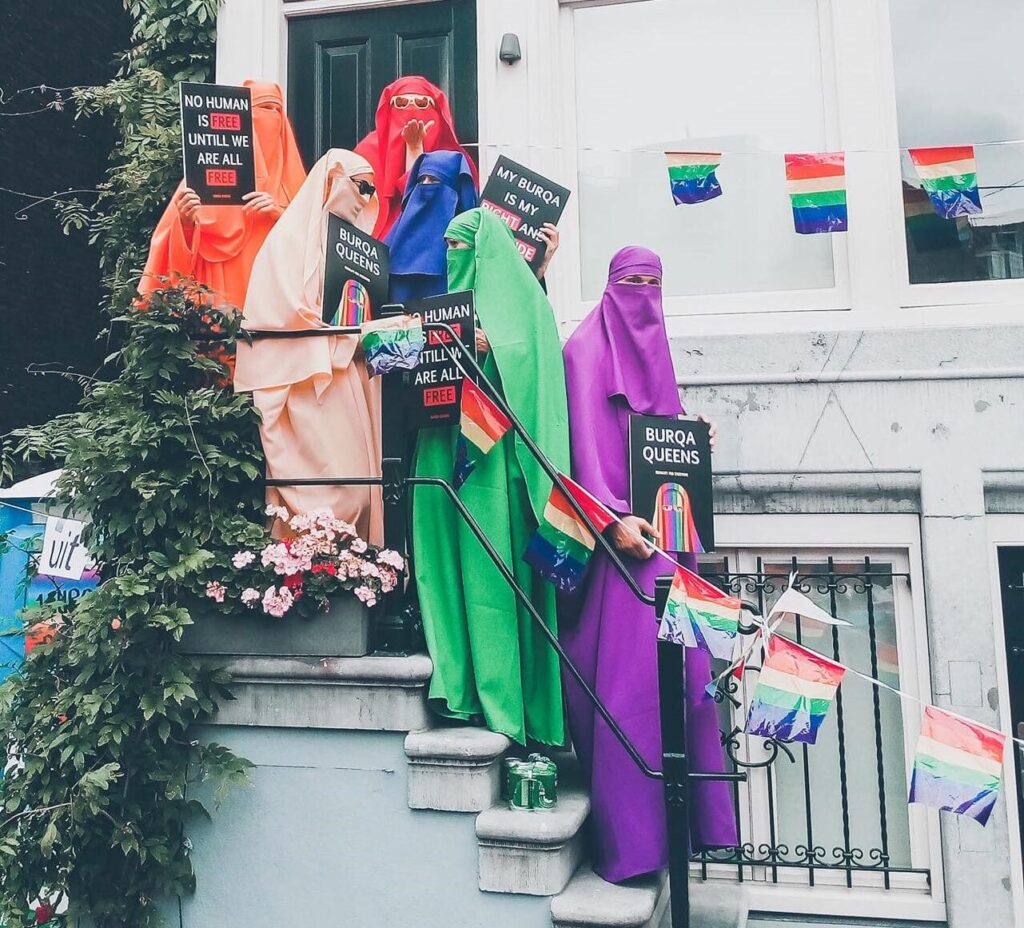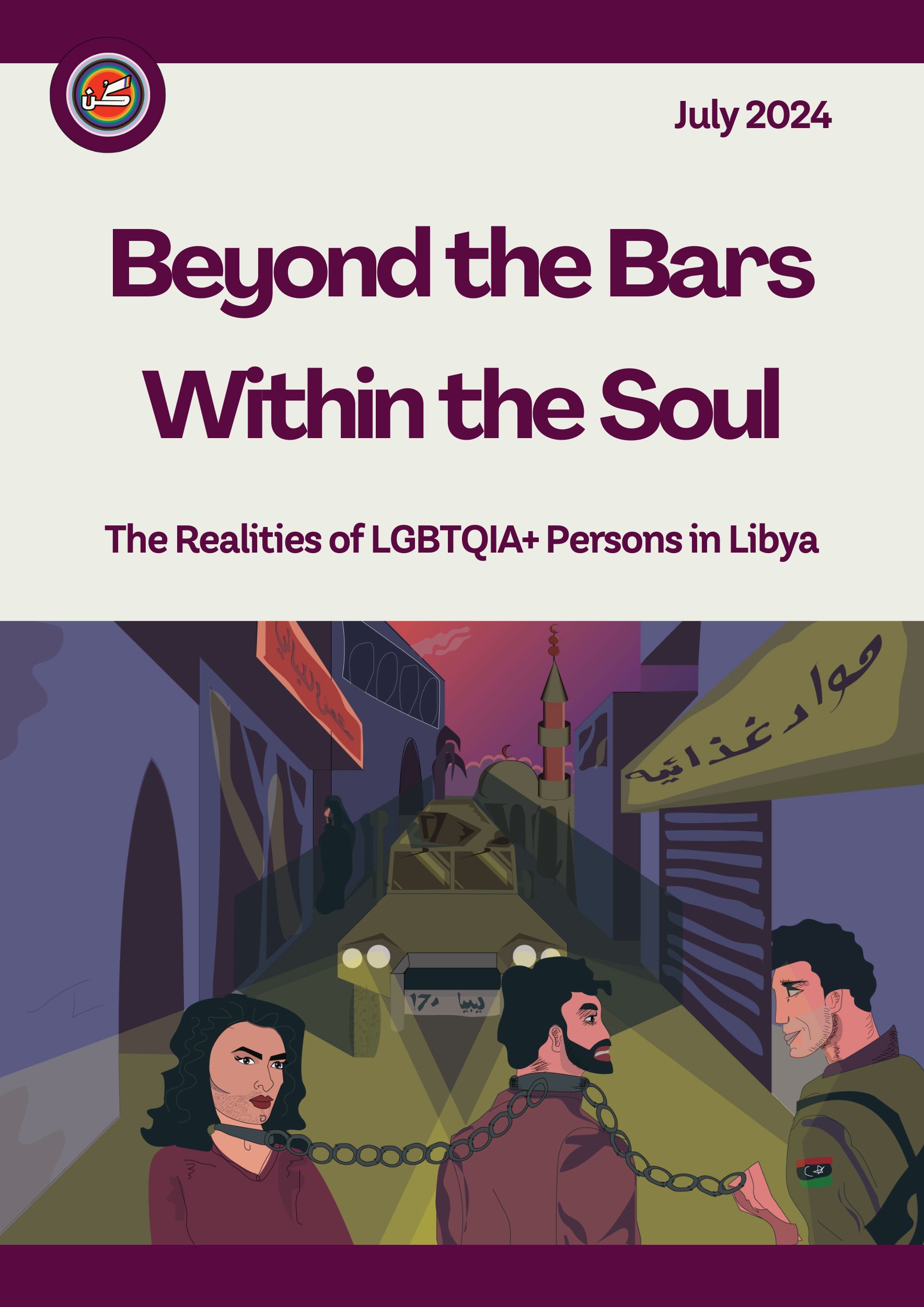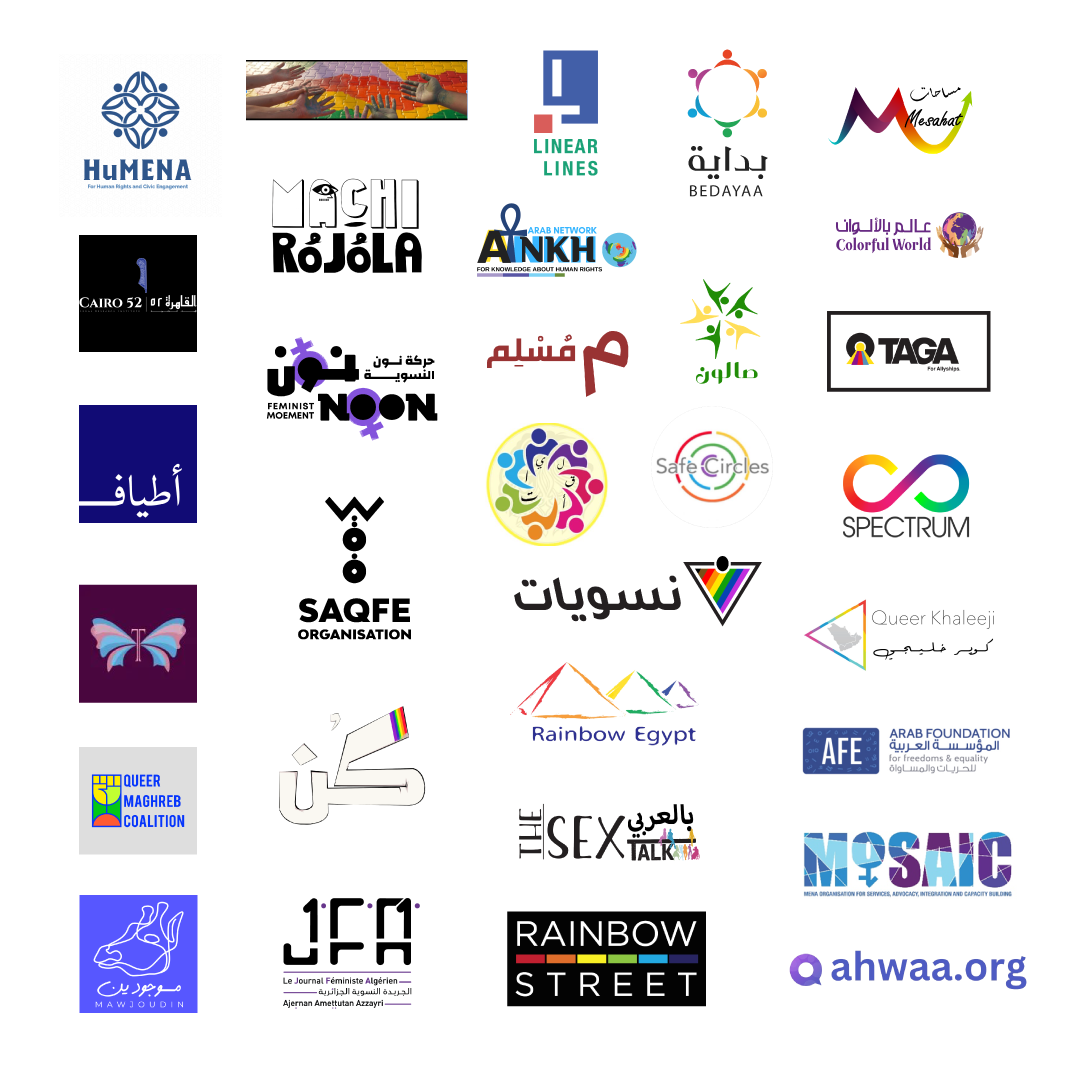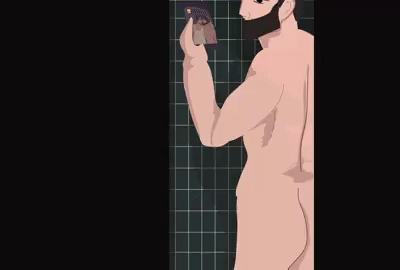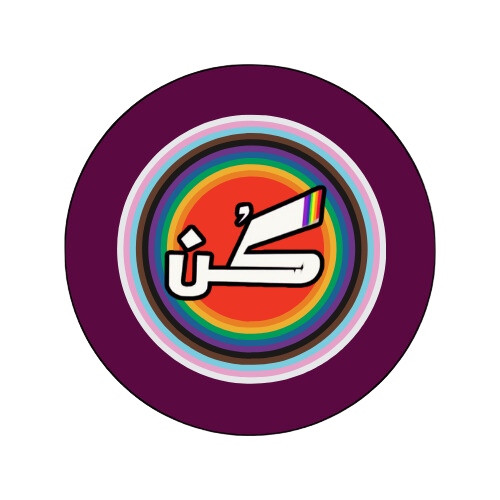“I have been queer as long as I can remember and have never isolated this part of my identity from my Muslim identity,” say Muslim queer individuals. In our community, we have many religious people, some struggling with their identity and some comfortable with it. Some haven’t been freed from the internalized fear and homophobia that many queer folks with religious backgrounds have experienced. They also were not immune to the general erasure of queer Muslim folks from the cultural imagination of both the Muslim and the queer community.
“I spent the vast majority of my queer life believing that queer Muslims didn’t exist and that I was some kind of outlying anomaly,” quotes Aisha, a 26-year-old queer hijabi born and raised in Tobruk, a city in eastern Libya. She first had to deal with her community, where a girl’s image was more respected the more she was covered, and then she struggled with her sexuality, being in denial about what she was taught and what she felt. She fell in love with a girl she used to go to the mosque with, where she practiced her beliefs, yet met the first person she felt something towards. She said she didn’t know if she wanted to go every day to see her or to practice her religion. She never confronted her with her feelings, and she never confronted herself with them; she wanted to erase those feelings because this wasn’t what her belief would allow.
Ramadan and Pride, this year, Ramadan fell right in the middle of Pride. For many Muslims, Ramadan is a holy month full of forgiveness, fasting, sacrifice, and reflection. It is a time when Allah draws closest to us, a time when we consider our privileges and those less fortunate than we are. I love this Islamic month. For me, Pride is a month when I remember the queer and trans women of color who started the Stonewall riots and all of the radical queer and trans people of color who struggled before me and created the world I exist in now. Pride is a celebration, but it’s also a time to honor, reflect, and carry the struggle forward. The intersection of Pride and Ramadan created a space for me to consider what being a queer Muslim has taught me.
“We do exist,” I have been told – no lie – that I can’t be queer and be Muslim. I’ve been told that being queer and Muslim doesn’t make any sense. When people doubt my Muslimness or my queerness, it always feels like I’m existing in a sci-fi or an existential moment. In the realm of sci-fi: Do I only exist in my imaginative space? Or do I only exist because I dreamed myself into being? In the realm of the existential: Is being Muslim inherently antithetical to being queer? Who am I…really? Being queer and Muslim is like an impossible diagram.
There is a general perception that Islam, as a whole, is homophobic, transphobic, and queerphobic. This perception isn’t completely unfounded, of course. We all know that most conservative contingents in any Judeo-Christian religion harbor deep homophobia – homophobia in Islam is not a unique phenomenon in the religious world. But in some places, our cultural imagination is so focused on casting Islam and Muslims as a monolith of close-minded and bigoted people that we can’t imagine a Muslim who is anything but heterosexual. And yet, here we are. (For Pride month, Dylan Marron released a series of interviews called “Extremely Queer Muslims,” and the comments on the video illustrate all of the ways that people see Islam as being incompatible with queerness).
You are worthy of love. I think of myself as a confident and resilient person who remains unapologetic, always. But, if I’m real with myself, I know that I can’t say that I’m immune to the homophobia embedded in religious messages, cultures, and texts. Cognitively, I know and believe that Allah sees human beings as more than just our actions. In my heart, I know and believe that Allah loves all of us, especially those who seek Him out, regardless of gender and sexual orientation. But, in the past, there was doubt in my heart about how Allah regarded me as a queer person. Back then, in times when I felt less worthy as a person and questioned whether I was a good Muslim, some of the first evidence that I used to pile up against myself was always related to my sexuality and my sexual expression. What helped me eventually move through these moments was realizing that I didn’t hold other queer people to that standard – only myself. I didn’t imagine that Allah saw other queer people as being unworthy of love and mercy – only myself. I realized that my lack of self-worth in those moments wasn’t specific to my sexuality and my faith; it was universal. It wasn’t about failing as a Muslim; I felt like I was failing as a person. Understanding that piece helped me shift my internal dialogue. Working on establishing my worth as a person helped those negative thoughts about my faith fade.
